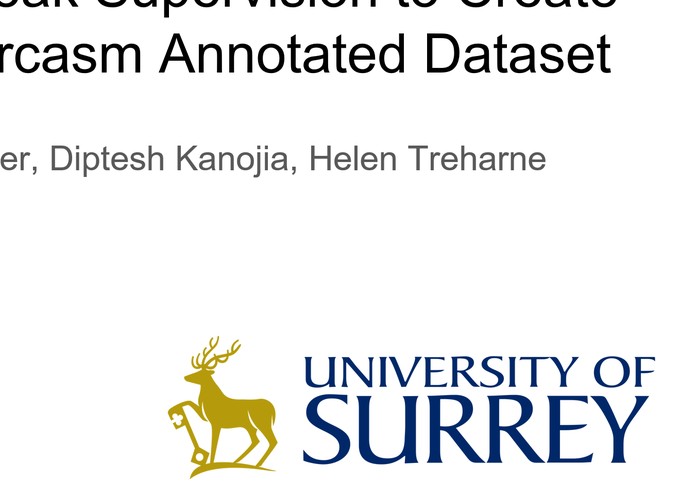Abstract
Sarcasm is prevalent in all corners of social media, posing many challenges within Natural Language Processing (NLP), particularly for sentiment analysis. Sarcasm detection remains a largely unsolved problem in many NLP tasks due to its contradictory and typically derogatory nature as a figurative language construct. With recent strides in NLP, many pre-trained language models exist that have been trained on data from specific social media platforms, i.e., Twitter. In this paper, we evaluate the efficacy of multiple sarcasm detection datasets using machine and deep learning models. We create two new datasets - a manually annotated gold standard Sarcasm Annotated Dataset (SAD) and a Silver-Standard Sarcasm-annotated Dataset (S3D). Using a combination of existing sarcasm datasets with SAD, we train a sarcasm detection model over a social-media domain pre-trained language model, BERTweet, which yields an F1-score of 78.29%. Using an Ensemble model with an underlying majority technique, we further label S3D to produce a weakly supervised dataset containing over 100,000 tweets. We publicly release all the code, our manually annotated and weakly supervised datasets, and fine-tuned models for further research.
